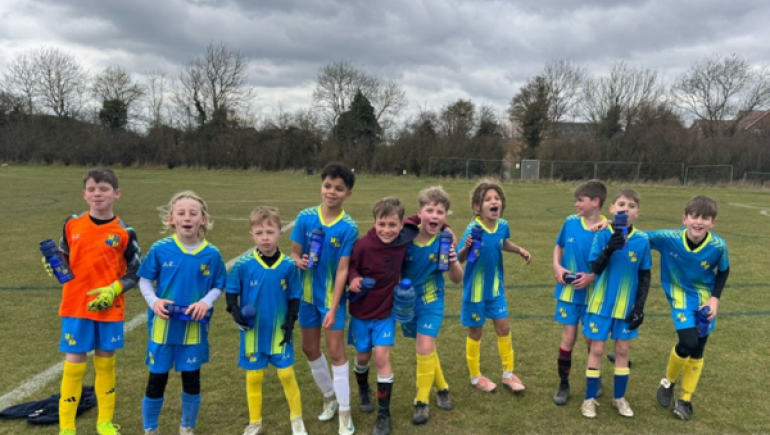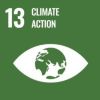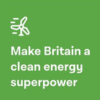 Richard Lindsay is Sustainability & Insights Manager for the Birmingham County FA and has led the development of the award-winning ‘Save Today, Play Tomorrow’ campaign. In this article he speaks to ConnectSport’s Ervin Ang about the success of the project and how he hopes it can become a blueprint for similar schemes across grassroots sport in the UK.
Richard Lindsay is Sustainability & Insights Manager for the Birmingham County FA and has led the development of the award-winning ‘Save Today, Play Tomorrow’ campaign. In this article he speaks to ConnectSport’s Ervin Ang about the success of the project and how he hopes it can become a blueprint for similar schemes across grassroots sport in the UK.
Every year 48,000 football matches are played on pitches managed by the Birmingham County Football Association, with the economic value of grassroots football in the West Midlands totalling around £745million annually.
When Richard Lindsay joined Birmingham FA as a Sustainability & Business Insights Manager in 2019, he recognised the huge opportunity this presented in terms of making a positive impact in a region facing a variety of challenges ranging from crime, unemployment and economic deprivation to accelerating environmental issues which have followed urban development and increasing population levels over recent decades.
CONTRIBUTION
On the sidelines of an under-18s match in Walsall, Richard initiated a conversation with the CEO of Birmingham FA about how grassroots football could make more of a contribution to sustainable development in our communities.
What initially focused on one particular problem (single-use plastic) quickly snowballed into the programme 'Save Today, Play Tomorrow', a sustainability programme which aims to transform how local grassroots sport approaches its environmental, social and economic impact.
Richard explained: “We want to empower volunteer-led clubs of any size to become part of the wider decarbonisation plan for the country.
“You didn't have to be a club that had a shiny, brand new stadium. You could just be a single club that played off a local park pitch.”
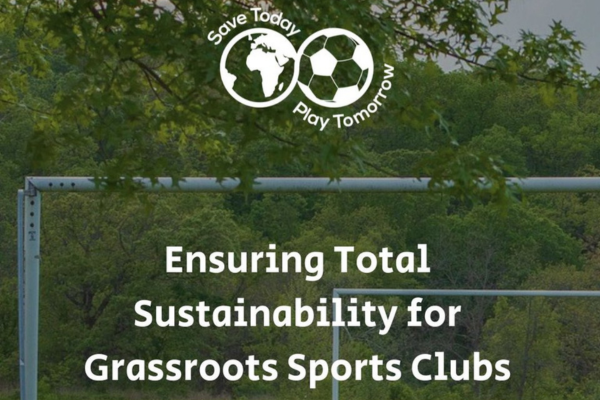
According to Richard, the most common environmentally-damaging practice of for grassroots football clubs can be attributed to the carbon emissions from transport.
He devised a travel carbon calculator and found that 20% of an annual person’s travel emissions are generated through football travel. Every season, there are 12.5 million ‘football travel’ movements of which 98% are taken by car.
Furthermore, an initial study of all West Midlands grassroots football venues showed more than half the venues were in areas where the air quality exceeded World Health Organisation safe guidelines.
“We were pushing people to areas where air quality is going to damage their long-term health,” said Richard.
TRANSFORMATION
“The West Midlands has gone through a huge transformation. Now there's only two areas where air quality is still above where it should be.”
In response Save Today, Play Tomorrow led an initial 10-week project in a more socially-deprived area of Birmingham around non-league club Crusaders FC. Six of their 18 teams participated in informal lift sharing, with parents setting up WhatsApp groups monitored by volunteers external to the club.
This encouraged parents to offer or share lifts for their children to and from match days, which had the added incentive of alleviating social nuisance, Richard explained.
“Initially, people were choosing to park all over the place, blocking driveways, and there was a safety issue around kids nearly being knocked over,” he said.
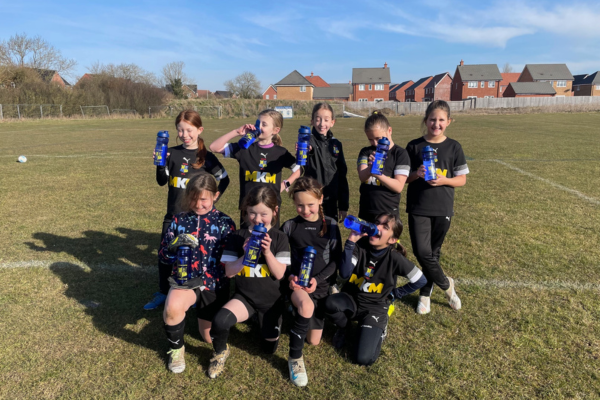
“We went at it from that angle, that if people lift shared and lowered the number of vehicles, this made it a more socially acceptable activity.
“It saved money on fuel, about £280 over a six-week period. We created a cheat sheet that we shared regularly with clubs to say that you can adopt this as an easy way, this is how other clubs have done it.”
Since Save Today, Play Tomorrow was created, nearly 43 tons of emissions and 193,000 car miles have been avoided along with £56,000 saved in fuel costs. Through its Green Innovation Fund, the scheme has also stopped people purchasing around 30,000 single-use plastic bottles a year by providing clubs reusable water bottles.
Another major initiative kick-started by Save Today, Play Tomorrow, together with non-profit charity Pledgeball, is the Sustainability League mobile app.
ENGAGEMENT
It started in 2021 by asking grassroot clubs to sign a climate pledge and participate in activities on Pledgeball’s ‘Things To Do’ list including four-minute showers, walking or cycling to football, and going vegan once a week.
The corresponding carbon savings are built into the app, and people register and make pledges on behalf of their clubs. The aggregated carbon savings by each club is then calculated into a league table, with the winner receiving a £250 cash prize before the league resets for a new month.
Richard said: “Having this incentive was a really good way to keep the level of engagement there. If clubs join later on in the season, they know they still stand a chance of winning one of the prizes.”
Over the past four seasons, 180 clubs have taken part. While some drop off after a few months, others keep going for an entire season. When asked about the reliability of these pledges, Richard said the programme does “impact assessments” to ensure clubs are living up to their promises.

“Once the season is completed, we go back through the data collected, we survey the clubs and the participants to understand what their motivations are, including what their behaviours were beforehand andwhat they are now,” he said.
“Pledgeball itself is underpinned by academic research which shows that simple pledges not only lead to more regular pledges, but also pledges that perhaps hadn't been considered previously in their lifestyle.
“Reusable water bottles, for example, are the ‘go to’ for everyone. But then they might also consider switching their diet, maybe for one day a week.”
Save Today, Play Tomorrow has also partnered with Climate Action for Associations (CAFA) to offer the Carbon Measurement Service which offers grassroots sports clubs a clear, structured approach to understanding and reducing their carbon footprint.
INFORMED
Beginning by gathering key information related to a club’s energy use, transport and other emissions, the service helps clubs measure their direct emissions (eg on-site energy use) and indirect emissions (eg travel by players and supporters).
Once the emissions have been calculated, an ‘easy to understand’ report is generated on the club’s overall carbon footprint with practical steps provided for clubs to make informed decisions to reduce emissions and lower costs.
The service includes a user-friendly carbon measurement dashboard, hands-on support from a team of experts, an initial and follow-up webinar to explain key milestones and discuss results, as well as a comprehensive report with actionable recommendations and a certificate.
CAFA Client Development Manager Emma Adams said: “Environmental responsibility is increasingly important, as grassroots clubs contribute to emissions through their operations.

“Measuring and reducing this footprint not only supports the UK’s net zero goals but also positions clubs to meet stricter regulations, avoiding potential penalties or disruptions”
Ultimately, Richard believes Save Today, Play Tomorrow’s work will continue to spark more conversations on the importance of sustainability.
“It's put it on the radar to the local authorities, the councils and third-party organisations that our football audience is huge,” he added.
“We’ve had wider conversations at a local government level about the provision of active travel or better public services, those sorts of things.
“Those conversations wouldn't have happened if we hadn't kicked off this project.”
To find out more, visit savetodayplaytomorrow.com

